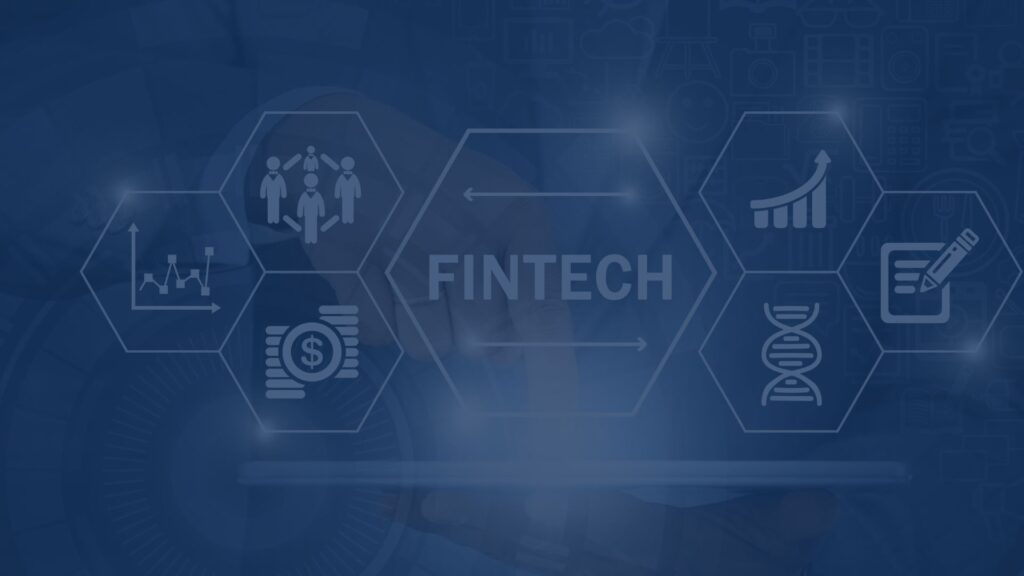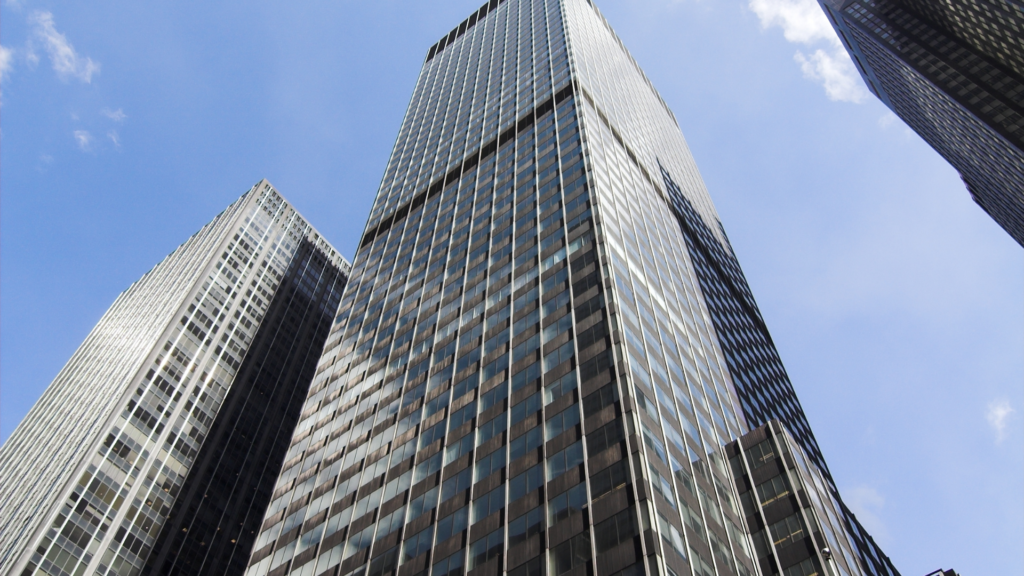
The Kingdom of Saudi Arabia has made significant strides in fintech in recent years. As part of its broader push towards a cashless economy, the government has introduced supportive regulations and funding mechanisms to stimulate innovation and investment in the financial technology space. This article delves into the funding options available to fintech companies, the regulatory environment, and the key initiatives fostering the growth of fintech in Saudi Arabia.
Funding for Fintech Companies
In the Kingdom, equity and debt financing avenues are open to businesses. However, the Finance Companies Control Law strictly governs financing activities, and any entity wishing to engage in financing activities must obtain a license from the Saudi Arabian Monetary Authority (SAMA). Shareholders of financing companies must adhere to Shariah requirements and organise themselves as joint-stock companies.
The Capital Market Authority (CMA) has issued rules and regulations to accommodate crowdfunding businesses for equity crowdfunding. Five companies have received experimental licenses from the CMA to test their equity crowdfunding models. Successful trials may lead to the issuance of permanent crowdfunding licenses.
On the other hand, debt crowdfunding is regulated by SAMA’s Updated Rules for Engaging in Debt-Based Crowdfunding, which mandates entities to obtain the required licensing. A minimum capital requirement of SAR 5 million is necessary for obtaining the crowdfunding license, which SAMA may adjust based on market conditions.
Saudi Arabia’s Commitment to Fintech
The Kingdom’s dedication to fostering fintech innovation is evident through the Financial Sector Development Program (FSDR). In May 2022, the Council of Ministers approved the Kingdom’s Fintech Strategy, a vital component of the FSDR, aiming to establish 525 Fintech businesses by 2030. The strategy focuses on talent nurturing, improving regulatory landscapes, and encouraging collaboration among local and international fintech players.
Tax Schemes and IPO Opportunities
The Kingdom’s tax policies favour fintech start-ups, particularly local companies. Zakat, Tax, and Customs Authority (ZATCA) impose a 2.5% zakat on local companies’ enterprise value and a 20% tax on foreign companies’ generated revenue. Local shareholders and Gulf Cooperation Council nationals enjoy favourable tax treatment.
Approval from the CMA is mandatory for fintech companies considering an initial public offering (IPO). The CMA governs the offering of securities through the Saudi Stock Exchange (Tadawul) and the Nomu-Parallel Market. Companies seeking listing on Tadawul must fulfil specific criteria, such as being organised as joint-stock companies, having at least three years of operation under the same management, and offering at least 30% of shares to the public.
Regulatory Framework for Fintech
Fintech companies in Saudi Arabia are regulated by various authorities, including the CMA, SAMA, and the Communications and Information Technology Commission (CITC). While specific regulations for cryptocurrencies and crypto assets are yet to be introduced, SAMA has explored distributed ledger technology through Project Aber.
Regulatory Sandboxes: Facilitating Innovation
SAMA and CMA offer fintech businesses the opportunity to operate within regulatory sandboxes. These sandboxes allow companies to test their technologies and services live while the relevant regulations are being developed. This collaborative approach has already led to the introduction of regulations for debt-based crowdfunding, payment service providers, and Open Banking.
Challenges and Data Privacy
Foreign fintech companies may face challenges entering the Saudi market due to the requirement for a local presence during the trial period within the regulatory sandboxes. However, introducing the Personal Data Protection Law (PDPL) offers greater protection to data privacy. The PDPL applies to all businesses processing data in Saudi Arabia, including foreign entities processing data related to Saudi residents.
Saudi Arabia’s commitment to becoming a fintech hub is evident through its supportive funding mechanisms, regulatory sandboxes, and dedication to data privacy. The government’s focus on nurturing talent and encouraging collaboration between local and international players bodes well for the growth and innovation in the fintech sector. With a robust regulatory framework and favourable tax policies, the Kingdom is paving the way for a vibrant and dynamic fintech ecosystem.









